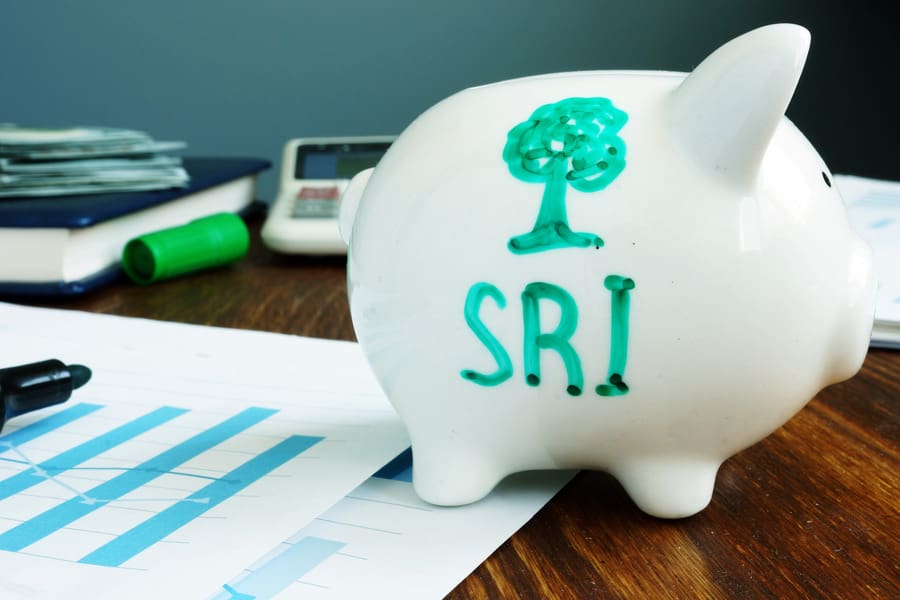Do you want to positively affect the world while increasing your earnings? Socially responsible investing (SRI) is a wonderful way to reach these two objectives. This article will guide you through the fundamental aspects of SRI and assist you in taking the initial steps toward coordinating your investments with your principles.
What Is Socially Responsible Investing?
Socially responsible investing is not just about financial gains; it’s about the personal connection you establish with your investments. It’s about using your money to support causes or companies that resonate with your values and beliefs.
Why Should You Consider SRI?
By investing in a socially responsible way, you have the potential to be a catalyst for positive change in the world. Your investments can contribute to addressing climate change, social inequality, and other issues related to corporate governance.
Getting Started With Socially Responsible Investing
Determine Your Values and Priorities
Before you start with SRI, it is important to know your values. Which social or environmental causes are close to your heart? Consider matters such as maintaining the environment, gender equality, or human rights. These values will steer your investment choices.
Research SRI Funds
Once you have identified your values, look for SRI funds that match what is important to you. These funds support businesses that fulfill certain social and environmental conditions. Look for ones that resonate with your values and financial goals.
Assess Your Risk Tolerance
Like any investment, SRI has risks. It is vital to assess your risk tolerance. SRI funds range from low-risk bonds to high-risk stocks. It is crucial to find the appropriate equilibrium.
Diversify Your Portfolio
Spreading your investments among different SRI funds and asset classes is an essential part of investing, known as diversification. It lessens risk and increases your chances of financial success.
Investing Strategies for SRI
Negative Screening
Negative screening means avoiding companies or sectors that do not match your beliefs. For example, if you feel strongly about preserving the environment, you should refrain from investing in businesses connected to fossil fuels.
Positive Screening
A positive screening process involves finding companies that are actively contributing to society and the environment. It includes encouraging businesses that pioneer sustainability and social responsibility.
Shareholder Advocacy
Through shareholder advocacy, you can impact corporations’ actions. You can promote beneficial changes by participating in shareholder resolutions and interacting with companies.
Choosing the Right SRI Products
Mutual Funds and ETFs
Mutual funds and exchange-traded funds (ETFs) are common SRI alternatives. They provide variety and expert administration, which is ideal for investors who prefer a non-engaging style.
Green Bonds
Green bonds are fixed-income securities that organizations issue to fund projects that benefit the environment. Investing in green bonds can support sustainable activities while providing steady returns.
Impact Investing
Impact investing involves investing in businesses, projects, or startups engaged in social or environmental matters. It allows you to make a more immediate impact on specific issues.
Monitoring and Staying Informed
Regularly Review Your Portfolio
After you have begun your SRI journey, it is crucial to check your portfolio often. Companies and sectors change, so you need to ensure that your investments are still in line with what matters most to you.
Stay Informed
Stay updated on progress in the SRI world. The sector continues to grow, bringing new opportunities and potential difficulties. Being well-informed will help you make informed investment decisions.






